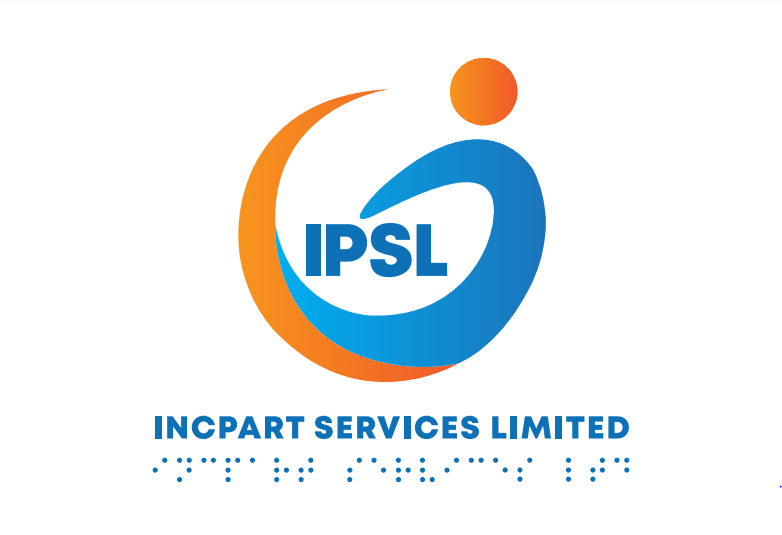Inclusive education is a critical aspect of providing equal access to education for every individual, regardless of their abilities, backgrounds, or socioeconomic status. Fueling inclusive education means ensuring that all students, regardless of their differences, are included in the general education classroom and are provided with the necessary support and resources to thrive academically and socially. This approach recognizes and values diversity and seeks to create an environment where every student can reach their full potential.
One way to fuel inclusive education is by adopting a student-centered approach in the classroom. This means focusing on the individual needs and strengths of each student and tailoring the instruction and curriculum accordingly. Teachers can provide differentiated instruction, which allows students to learn at their own pace and in ways that suit their learning style. By taking into account the diverse abilities and learning needs of students, inclusive education fosters an environment where each student feels valued and supported. This approach also encourages collaboration and peer learning, as students with different abilities can work together and learn from each other.
Another crucial aspect of fueling inclusive education is providing the necessary support and accommodations for students with disabilities or special needs. This may include ensuring physical accessibility in the school environment, providing assistive technology to aid learning, or employing support staff like special education teachers or classroom aides. Additionally, professional development and training for teachers in inclusive practices are essential to ensure that educators have the knowledge and skills to support and accommodate students with different abilities effectively. By investing in these resources and support systems, schools can create an inclusive education system that allows every student to learn, grow, and succeed.
In conclusion, fueling inclusive education is crucial to ensure that each student has equal access to quality education and can reach their full potential. By adopting a student-centered approach, tailoring instruction to individual needs, and providing necessary support and accommodations, schools can create an inclusive environment that fosters diversity and promotes collaboration among students. It is imperative that schools and policymakers continue to prioritize and invest in inclusive education to create a society where every individual has the opportunity to thrive and contribute.



